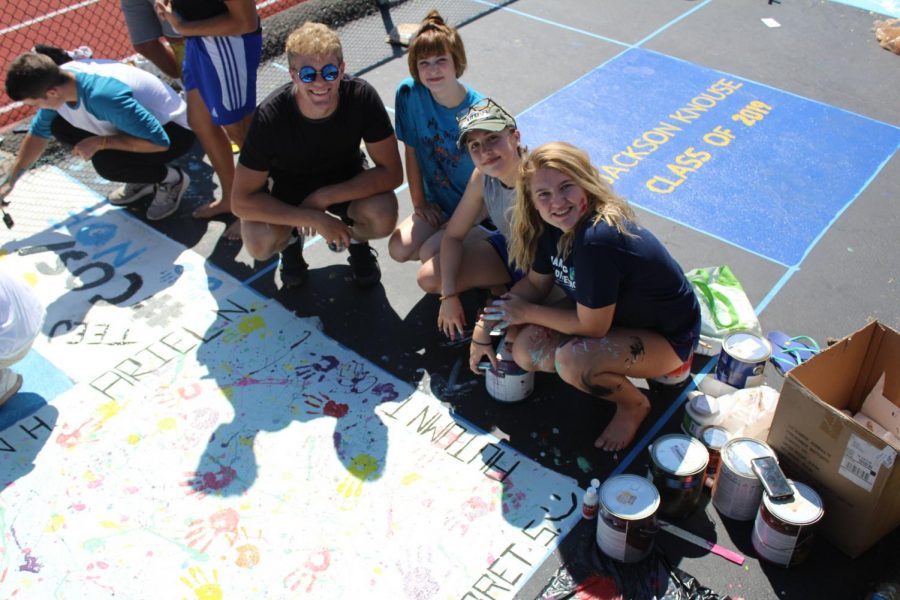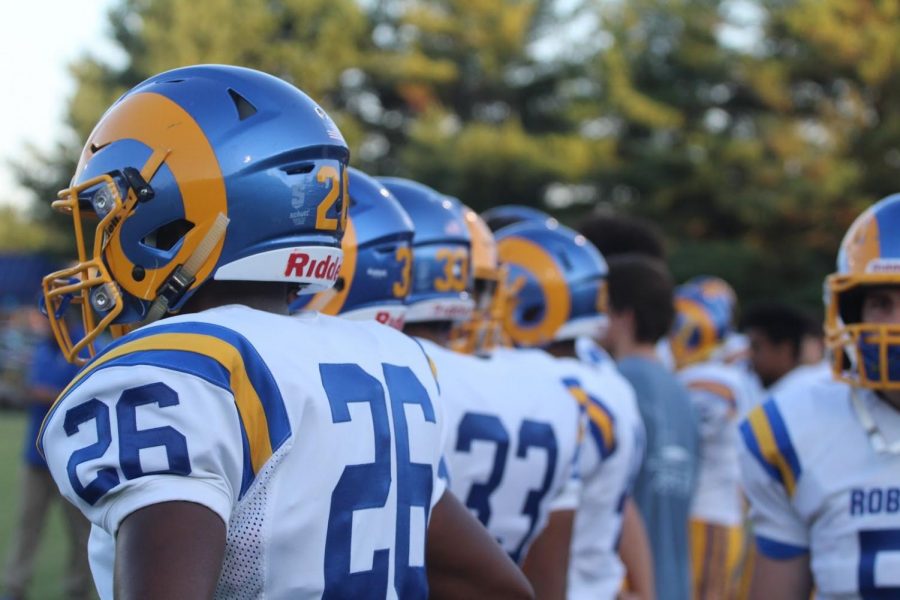The Internet can be a valuable tool for IB Math SL I students in need of a lesson review. However, for the dozens of students caught copying an incorrect answer into their Internal Assessment, it may have been more of a temptation.
Associate principal Michael Mukai said the math department began investigating students’ IA portfolios when they noticed an oddity: on a single answer, multiple students made the same error using an unorthodox formula. Following this, the IB Math teachers held a meeting with the accused students to discuss their suspicion.
“We’re at a strange time in the age of information, because there’s a difference in how each generation finds and uses data,” Mukai said. “The sharing of information online is new, but this isn’t the first time it’s been brought up. For example, we know students use Facebook groups to share answers for some classes, and others can be seen copying down answers in the locker bays every day.”
An anonymous junior said he felt his fellow IB Math students resorted to copying down an online answer because they were unprepared for difficulty of the IA.”Teachers were adamant that we had to complete the portfolio without any help from them or other students, so they felt they had nowhere else to go but online,” the junior said. “It’s my theory that students felt there was a choice between failing a major part of their IB Math grade and cheating.”
Although students found guilty of copying did not receive the standard punishment for cheating, which Mukai described as a 0 on the assignment and a note on the violator’s permanent record, IB Math teacher Judith Cosgriff said they would still receive a different consequence. Guilty students received a 64 on their portfolio and were barred from progressing to IB Math SL II.
Mukai said determining innocence and guilt in scenarios involving alleged Internet plagiarism are difficult to handle because the school administration has not yet established a policy on how to handle the use of online information.
“It’s a gray area, because there’s no yardstick for gauging students’ integrity in using the Internet to solve a problem, and it’s our job to ensure each student comprehends the material,” Mukai said. “This event is a great opportunity for the staff to meet and agree on a project philosophy. As problems become more complicated, at what point should you solve them yourself?”
A second anonymous junior accused of cheating on the IA said he believes his classmates knew they were not supposed to copy down the online answer, but chose to do so regardless because of their stress level.
“There is so much stress as an IB student, and I think this IA pushed a lot of students over the top,” the junior said. “They might have felt what they did was justified because of their heavy workload.”
Principal Dan Meier said, despite the pressure to succeed in IB classes, he believes receiving a ‘C’ honestly is preferable to an undeserved ‘A’.
“Our approach at Robinson is that we’re a learning instituion, and that we understand everyone makes mistakes, so we’re using this as a teaching moment,” Meier said.
IB coordinator Wendy Vu said she believes teachers can address the issue of plagiarism at each school year’s beginning to avoid it in the future.
“As teachers, we need to do a better job of articulating what plagiarism is in each subject,” Vu said. “There is going to come an end point in your education when Google searches aren’t good enough.”
Despite the complications this occurrence created, IB Math teacher Judith Cosgriff said it is not a sensational issue, and may have a positive impact on the program.
Cosgriff said, “We will continue to work with students until this issue is resolved.”




